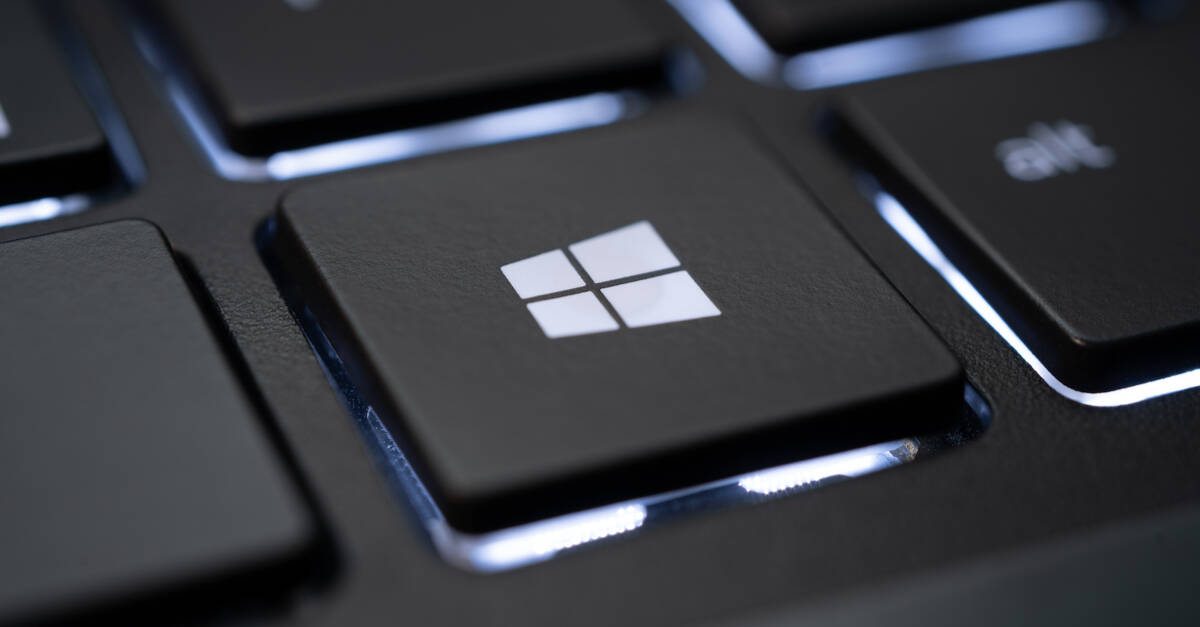
"With 1.5 billion users and no new markets to conquer, Microsoft's Windows is struggling with outdated models, user dissatisfaction, and forced upgrades."
"Microsoft's Windows 11 and its anticipated successors like Hudson Valley reflect a misguided reliance on AI and user monetization at the cost of functionality."
"The evolution of Windows from quality to mediocrity shows the dangers of a lack of competition, leaving users trapped in a system that's unwilling to improve."
"While Windows 12 is looming, there is a growing sense of user resistance and desires for alternatives in an increasingly detrimental software environment."
Windows, with 1.5 billion users, is facing a critical juncture as growth becomes stagnant without new markets. Windows 10 remains adequate, but users feel coerced into adopting Windows 11, which integrates unwanted AI features and pushes paid services. Despite initial excitement about upcoming versions like Hudson Valley, expectations have faltered as Microsoft struggles to evolve, leading to a cycle of dissatisfaction and mediocrity. The situation reflects broader issues around user choice and the consequences of a monopoly in the operating system market, igniting conversations about user freedom and alternatives.
Read at Theregister
Unable to calculate read time
Collection
[
|
...
]